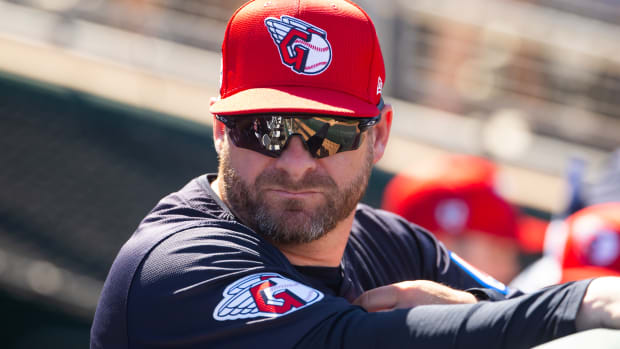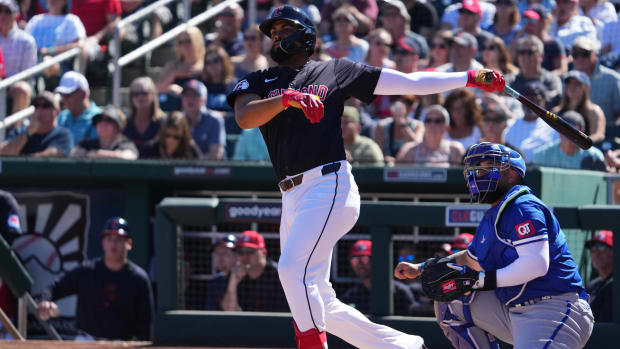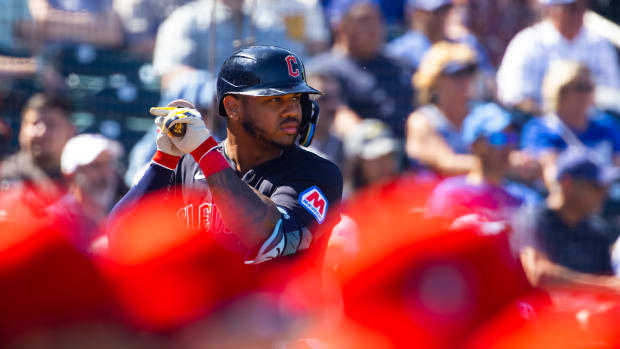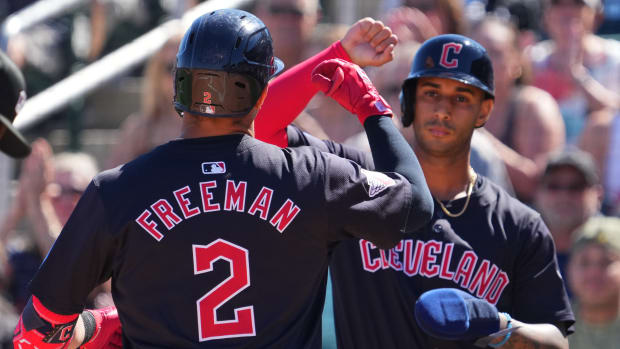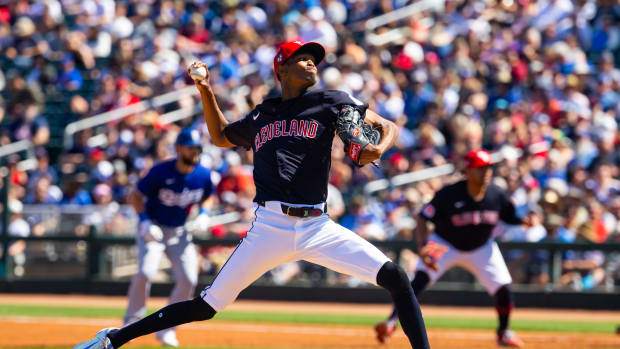Indians Players Justified In Speaking on Ownership
If not for the blind eye that Houston Astros owner Jim Crane turned to his organization’s blatant cheating scandal, Cleveland Indians ownership could have been publicly raked over the coals most this off-season.
Facing a potential work stoppage when the current collective bargaining agreement expires in 2021, that is not a particularly glorious spot to be in. Yet the Indians’ operations represent one of the worst aspects of modern baseball.
While criticizing the Dolan family is closer to a rite of passage than it is a habit for Indians fans these days, players have begun to make themselves heard on the situation. Be it someone on the back end of the rotation or the game’s brightest, smiling face, the criticism has come from all angles.
In a recent interview on WKRK’s Bull and Fox show, pitcher Adam Plutko made his plea for more transparency, citing the hypocrisy of the process.
A not-so-veiled shot at specific owners “around baseball.”
Meanwhile, Francisco Lindor just cut to the chase, telling reporters “there’s money” to sign him to a long-term deal.
In recent years, the Indians did add payroll, signing Edwin Encarnacion to a club-record contract in January 2017, and paying a large part of Josh Donaldson’s expiring deal down the stretch in 2018. Since losing to the Astros in the ensuing ALDS, the spending stopped and backpedaling began.
The Indians’ payroll, if you haven’t heard, is currently set to open at its lowest since 2015, a living-wage under $90 million. That is down almost $30 million from Opening Day last season and $45 million from the year before.
When a team signs or trades for a player from the outside, there is some drawback for players. Someone is probably losing a job, despite an expected boost for the team. Yet largely, players do not speak out when ownership goes without signing players. When players say they can win with the players in the clubhouse, it is sincere.
It is when the guys in the clubhouse do not get their due that players begin to speak. When the players who helped a team reach success end up walking, that is one thing, but when those players begin to be dealt before they are set to be paid, it is another.
Players believe in themselves, but when they feel they are being put in a position to fail, red flags begin to raise.
While trading Corey Kluber made sense along an aging curve and waiting for a deal like the one-year pact given to César Hernández compares favorably to other free-agent deals, Lindor is a near-perfect candidate to take a financial risk on. He plays a premium position, with elite defense even for a spot that demands it. He is one of the better hitters in the league, as well as its most marketable star. There is no justification for a lack of a move.
The system is not broken because teams cannot continuously add payroll through free agency. When players are worth a certain amount of money on the market, they generally get it. The system needs fixing when teams cannot, or refuse to, make competitive offers to their best homegrown players.
Currently, no one is winning. If the owners refuse to institute measures to keep their own clubs as competitive as possible, the players would be justified in walking away.
At the moment, Indians players are looking at a situation where they are losing quality teammates for an unknown cause, while their main competition spends. They are not alone, they will likely soon lose the face of the game, and they are justified in their frustration.
